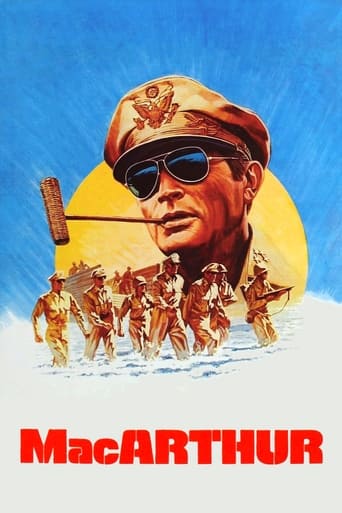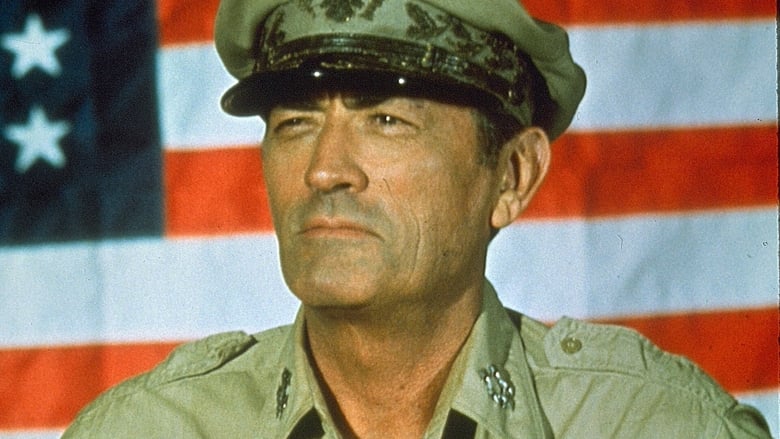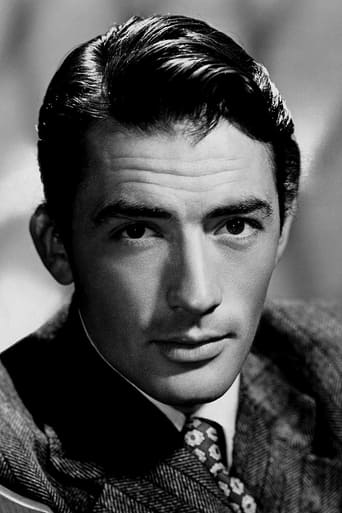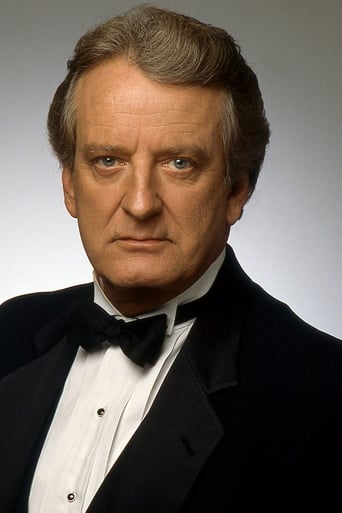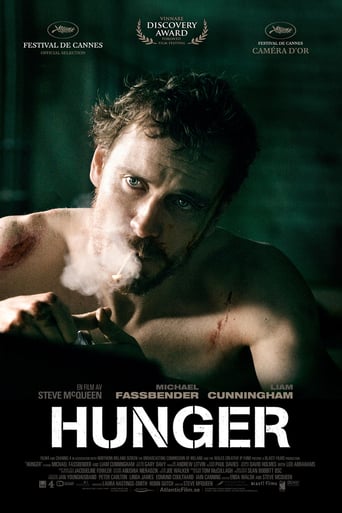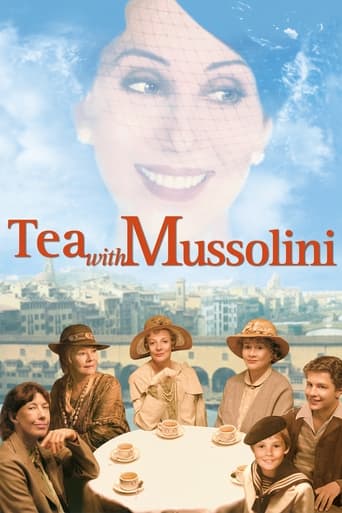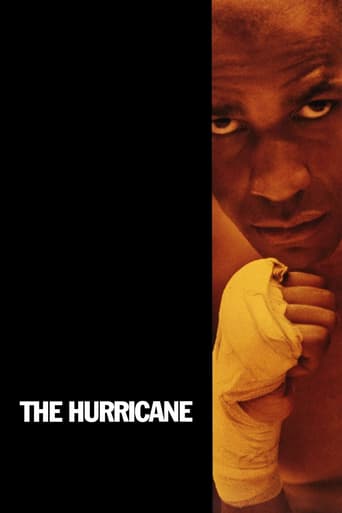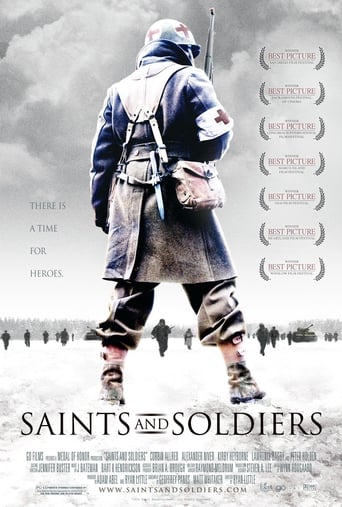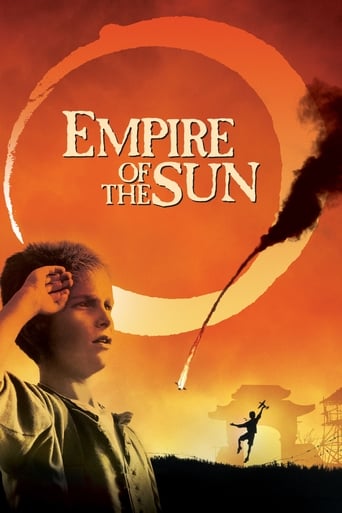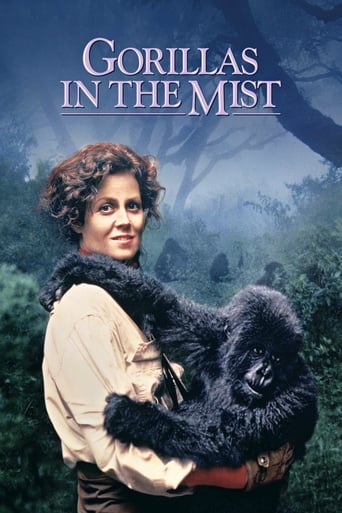MacArthur (1977)
The film portrays MacArthur's life from 1942, before the Battle of Bataan, to 1952, the time after he had been removed from his Korean War command by President Truman for insubordination, and is recounted in flashback as he visits West Point.
Watch Trailer
Cast
Similar titles
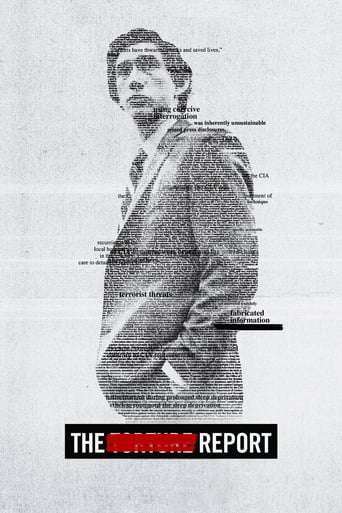
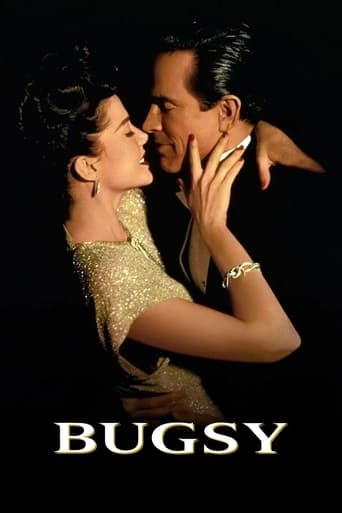
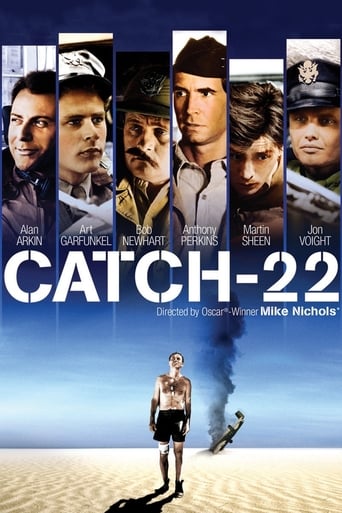
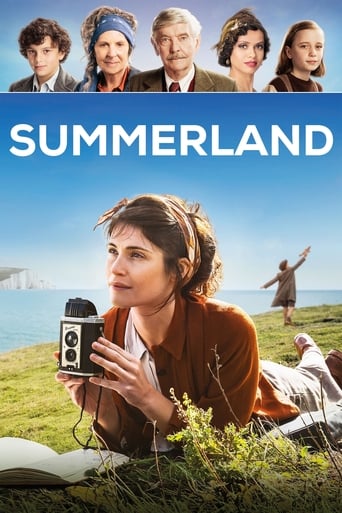
Reviews
I love this movie so much
hyped garbage
When a movie has you begging for it to end not even half way through it's pure crap. We've all seen this movie and this characters millions of times, nothing new in it. Don't waste your time.
Fanciful, disturbing, and wildly original, it announces the arrival of a fresh, bold voice in American cinema.
FOLLOWING ON THE heels of the successes of Frank J. Schaffner's epic story of "Old Blood & Guts" in PATTON (20th Century-Fox, 1970), one could easily come to the conclusion that MAC ARTHUR (Universal, 1977) was imitating a Hollywood trend. That was our mistaken notion up until very recently. We finally screened the movie and discovered our folly.ADMITTEDLY THERE WERE a few carryovers from the George C. Scott tour-de-force (most notably Producer Frank McCarthy and the original score by Composer Jerry Goldsmith), but that's about how far it goes. The two films bore little in common outside of their both belonging to the same category of Epic Military Biographies. THE PROBLEMS IN storytelling called for a different approach for MAC ARTHUR as the period of time was much longer and more diverse than was the earlier film. In PATTON, we follow about 3 years in a career that lasted over 35 years. It begins with his assuming Command of II Corps following the disastrous Battle of Kasserine Pass in Tunisia. It ends with the aftermath of V.E. Day; ending the War in Europe.THE TIMELINE OF the production of MAC ARTHUR called for the earliest days of the War in the Pacific, with General Douglas Mac Arthur's being the Supreme Allied Commander in the Philippines. It extends its timeline through the end of the War and up to the Korean War of 1950-53.IT WAS THE conduct of the General in disregarding the orders from President Harry S. Truman that led to his being demoted and brought home; albeit to great heaping of a Hero's welcome. (THat included an address before a joint session of the Senate and the House of Representatives.*)OTHER THAN THESE above mentioned factors, the film MAC ARTHUR was a first class, non copycat production that stands on its own two feet. Its filming locations, military equipment & personnel were very convincing and accurate. The Battle scenes are convincing and did expertly weave in some newsreel footage. The production team really made the viewer feel that he was there. WE MUST BE sure to pay proper homage and respect to the ensemble cast for acting they provided, that includes all support people. As for the lead role of Douglass Mac Arthur, he did his best to "become" the man he was portraying. The inclusion of not one but two Presidents was handled with the greatest skill. Both Dan O'Herlihy (Franklin D. Roosevelt) and Ed Flanders (Harry S. Truman) filled out their roles to the ultimate level.NOTE * We feel a particular fondness for this film as this writer (John T. Ryan) as a preschool youngster of about 4 1/2 years old, witnessed the famous "Old soldiers never die, they just fade away !" speech of April 19, 1951. It was on our recently purchased Du Mont Television set. My Mother (Bertha Fuerst Ryan) explained who and what the General was to me. It's one of my earliest recollections and very vivid over 67 years later. Thanks Ma !
When George C. Scott played the title role in "Patton," you saw him directing tanks with pumps of his fist, shooting at German dive bombers with a revolver, and spewing profanity at superiors and subordinates alike. The most action we get from Gregory Peck as "MacArthur," a figure from the same war of debatably greater accomplishment, is when he taps mapboards with his finger and raises that famous eyebrow of his.Comparing Peck's performance with Scott's may be unfair. Yet the fact "MacArthur" was made by the same producer and scored by the same composer begs parallels, as does the fact both films open with the generals addressing cadets at West Point. It's clear to me the filmmakers were looking to mimic that Oscar-winning film of a few years before. But while Peck looks the part more than Scott ever did, he comes off as mostly bland in a story that feels less like drama than a Wikipedia walkthrough of MacArthur's later career."To this day there are those who think he was a dangerous demagogue and others who say he was one of the greatest men who ever lived," an opening title crawl tells us. It's a typical dishwater bit of post-Vietnam sophistry about those who led America's military, very much of its time, but what we get here is neither view. MacArthur as presented here doesn't anger or inspire the way he did in life.Director Joseph Sargent, who went on to helm the famous turkey "Jaws The Revenge," does a paint-by-numbers job with bland battle montages and some obvious set use (as when the Chinese attack U.S. forces in Korea), while the script by Hal Barwood and Matthew Robbins trots out a MacArthur who comes across as good-natured to the point of blandness, a bit too caught up in his public image, but never less than decent.Here you see him stepping off the landing craft making his return to the Phillipines. There you see him addressing Congress in his "Old Soldiers Never Die" speech. For a long stretch of time he sits in a movie theater in Toyko, waiting for the North Koreans to cross the 38th parallel so we can get on with the story while newsreel footage details Japan's rise from the ashes under his enlightened rule. Peck's co-actors, Marj Dusay as his devoted wife ("you're my finest soldier") and Nicolas Coaster as a loyal aide, burnish teary eyes in the direction of their companion's magnificence but garner no interest on their own.Even when he argues with others, Peck never raises his voice and for the most part wins his arguments with thunderous eloquence. When Admiral Nimitz suggests delaying the recapture of the Philippines, a point of personal pride as well as tactical concern for MacArthur, MacArthur comes back with the comment: "Just now, as I listened to his plan, I thought I saw our flag going down." Doubtless the real Nimitz would have had something to say about that, but the character in the movie just bows his head and meekly accepts the insult in the presence of President Roosevelt.The only person in the movie who MacArthur seriously disagrees with is Harry S Truman, who Ed Flanders does a fine job with despite a prosthetic nose that makes him resemble Toucan Sam. Truman's firing of MacArthur should be a dramatic high point, but here it takes place in a quiet dinner conversation, in which Peck plays MacArthur as nothing less than a genial martyr.I've never been sold by Peck's standing at the upper pantheon of screen stars; he delivers great presence but lacks complexity even in many of his best-known roles. But it's unfair to dock him so much here, as he gets little help defining MacArthur as anything other than a speechifying bore. Except for two scenes, one where he rails against the surrender of the Philippines ("He struck Old Glory and ran up a bedsheet!") and another where he has a mini-breakdown while awaiting the U.S. invasion of Inchon, inveighing against Communists undermining him at the White House, Peck really plays Peck here, not the complex character who inspired the famous sobriquet "American Caesar." The real MacArthur might have been worthy of such a comparison. What you get here is less worthy of Shakespeare than Shakes the Clown.
Frank McCarthy who produced the Academy Award winning biographical film Patton follows it up with a strong tribute to another of America's fighting generals, Douglas MacArthur. Gregory Peck gives a strong characterization of the man, his genius as well as his egotism. With MacArthur you never knew quite where one began and the other left off and too many times they blended.The whole story of Douglas MacArthur would be a six hour film or a TV mini-series. It would cover him from his days on frontier posts with his family to his time at West Point where he still has the highest scholastic average ever achieved by a cadet. It would talk about his service in the Phillipines as a young officer, his legend building bravery on the battlefields of World War I in France. It would also have to tell about him firing on the Bonus Marchers of World War I veterans in 1932, probably putting the final kabosh on any chances President Herbert Hoover had of getting re-elected. During MacArthur's last years he and Hoover had penthouse suites at the Waldorf Astoria in New York City. That must have been a subject they avoided.This film concentrates on the years 1941 to 1952 and it is told in flashback. The film opens with MacArthur addressing the student body in 1962. As he speaks the words of the famous Duty Honor Country speech, MacArthur's mind goes back to World War II and his desperate struggle against the advancing Japanese on the island of Corregidor and the fields of Bataan on Luzon. The film takes him through his struggle to win back the Phillipines, the occupation of Japan and the first 18 months culminating in his relief of command by President Truman.MacArthur as a film would not work at all if it wasn't for the portrayals of Dan O'Herlihy and Ed Flanders as Presidents Franklin D. Roosevelt and Harry S. Truman respectively. It's the part of the film I enjoyed the best, seeing MacArthur and his relations with both these men.FDR by O'Herlihy captures the aristocratic squire and exceptionally devious man that was our 32nd President. Roosevelt was a man who got his points across with unusual subtlety and cleverness. Sometimes he liked scheming a little too much for its own sake, but he was the master politician of the last century. Note how he deals with MacArthur both as a battlefield commander and potential rival at the same time.Truman by Flanders is as people remember him, a blunt spoken man of the people who disliked MacArthur's haughtiness from the gitgo. Of course it's in the history books how Truman relieved MacArthur in 1951 for insubordination. MacArthur was insubordinate, no doubt about it.Yet I could write a whole thesis on the Truman-MacArthur relations. Along the way it need not have ever come to a crisis. I've always felt that FDR would have dealt with the whole matter in a far better way had he still been president then.MacArthur was also grandly eloquent and Gregory Peck captures some of that eloquence in some of the orations that made him as much a legend as victories on the battlefield. Listen to Peck at the Japanese surrender, at MacArthur's farewell to the nation before the joint session of Congress, and of course his speech to the cadets in 1962. Watch the newsreels and see if you don't agree.
Unlike Patton, Pershing, Grant or Eisenhower, MacArthur is a many sided character and Peck played the part as I believe MacArthur really was. The positive PR version produced by the U.S. Army in the l940's or the negative liberal press version of the l950's are very limited in their understanding of this great man. I have always believed that MacArthur was a turn of the century progressive much like Teddy Roosevelt, at the same time both imperial and caring, who lived past his time into the l960's. His tactical decisions were unmatched by any general in our history. His speeches rival those of William Jennings Bryan or Patrick Henry and I'm sure many wish we could send him and his administrative skills to Iraq to put that mess back together. In the years since his death a small cult has grown up around his memory much like Robert E.Lee and to some his words are almost mystical. He was a major player in one way or another in WWI, the depression, WWII, Korea and if you count his death-bed plea to President Johnson to get our troops out of Vietnam, even the Vietnam War. If you want to stretch things even farther, he can be tied to turn of the century imperialism and the Spanish-American War through his part in the Philippine Insurrection following the Spanish-American War and if you must, the Indian Wars which he experienced as a small boy with his parents. He has been described as a conservative, a liberal, a militant and a pacifist. How could one man be so much a part of the 19th century and believe in war only between individuals(like Custer and Crazy Horse) or as in feudal times yet advocate A-bombing China? He is always described as arrogant and overly dramatic but like Grant he wore a simple 2nd Lieutenant's uniform with five stars on the shoulder minus all the medals that the "G.I. generals" wore. I believe his love for the people of Asia was sincere and in this was he was like Alexander or Caesar. We are fortunate Gregory Peck did play MacArthur as such a complex individual. To focus only on the Five-Star General with the corn-cob pipe is to miss the the big picture. No wonder Patton is so easy to watch compared to MacArthur. I have seen the movie at least 15 times and am still moved by it.
